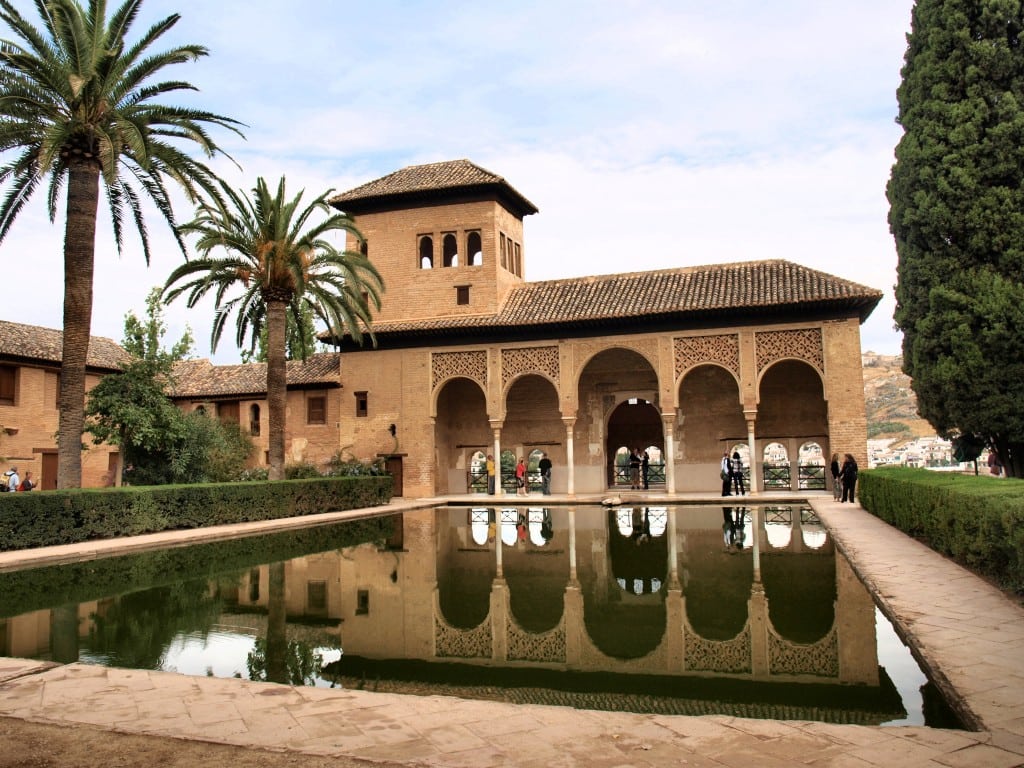The Royal Plaza on Scotts Hotel in Singapore boasts several topflight services for its guests: elegant dining, free breakfast, high tea, a gym, spa services, a business center, wireless Internet service – everything a vacation or business traveler could ask for. But now, the hotel has added something specifically catering to the emerging Muslim travel market: Halal-friendly accommodations.
Muslim visitors can find prayer mats, Korans in each room, and directional indicators toward Mecca for daily prayers. The hotel also offers Halal menu selections for Muslim diners.
Haliza Abu Bakar is one of the hotel’s clients. She told the Reuters news agency that whether a hotel offers Muslim-friendly amenities and dining are factors in choosing where to stay.
“One of the reasons is because of the Halal food it provides with the free breakfast. I’ve stayed in other hotels and I’ve experienced that when they don’t serve – they give free breakfast, but when it’s not Halal it’s hard to choose,” she said. “I mean, you only eat the cereal and all that, right?”
Fazal Bahardeen is the head of the Crescentrating travel service, which he started in 2006 when he had difficulty finding Halal-friendly accommodations during business trips. His website, Crescentrating.com, rates hotels based on the availability of Halal food there and the non-availability of forbidden items such as alcohol and adult movies. The Sri Lankan-born Bahardeen says that with more and more wealthy Muslim travelers worldwide, Halal-friendly travel is a growth industry.
“You see, there are two or three elements that are critical,” he said. “One is to provide the right amount of information and facilities for prayers, but that’s the easier thing. Halal food is a much more difficult thing to provide if you don’t have the structure or the environment in place.”
This week, the World Halal Forum Europe is being held at London’s Earls Court Conference Center. Fazal Bahardeen will speak on “The Rise of Halal Travel.” Other talks include “Issues for Halal Manufacturers” and “Reaching Muslim Consumers with Digital Media.”
An increase in Halal travel could have a big economic impact in Europe. The 2010 World Travel Market Global Trends report by Euromonitor International says there are more than 400,000 millionaires in Middle East countries, with a combined worth of more than $1.9 trillion.
The report also quotes the tax-free shopping specialist Global Blue as saying that Middle Eastern visitors spent more than $1.3 billion (800 million pounds) in Britain alone last year. The report called development of Islamic-friendly hotels “an opportunity to explore” and forecasts that development of what it called unique and innovative services will help attract travelers to London.
In Singapore, the Royal Plaza is not the only hotel that is catching the trend. The Fairmont Singapore hotels and the Grand Mercure Roxy Hotel have also recently launched Halal kitchens.
Burhan Culculoglu is the food and beverage manager for the Fairmont Singapore. He says dietary considerations have always been a key to attracting Muslim travelers.
“The demand for Halal food of course always, it has always been Halal food. Because most other menus do not describe but sometimes they might actually have lard or bacon, but not necessarily is it written on the menu or at a buffet; they don’t mention that,” said Culculoglu. “And of course they are always afraid of those things, so they always end up eating vegetarian food.”
With the emerging niche market for Halal travel, hoteliers and restaurant owners stand to make a lot of money by catering to Muslim visitors. One place those visitors might be headed is Iraq, which the World Travel Market report says welcomed 1.3 million visitors in 2009, with religious tourism accounting for 75%, mainly from Iran. There has also been a rise in tourism to archaeological sites and the Kurdish region in northern Iraq.



